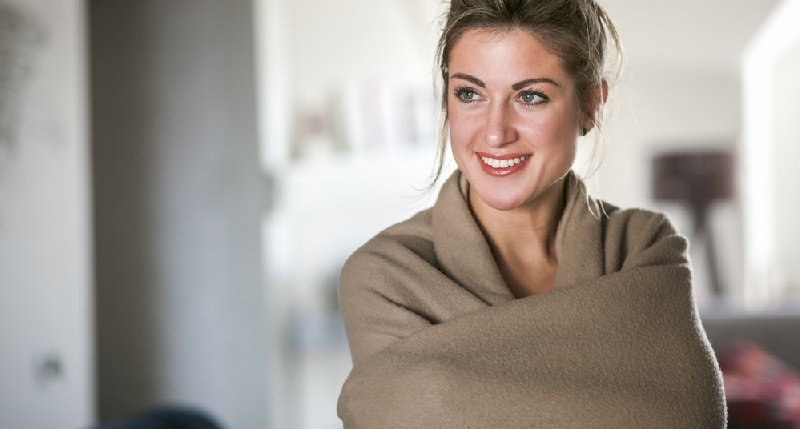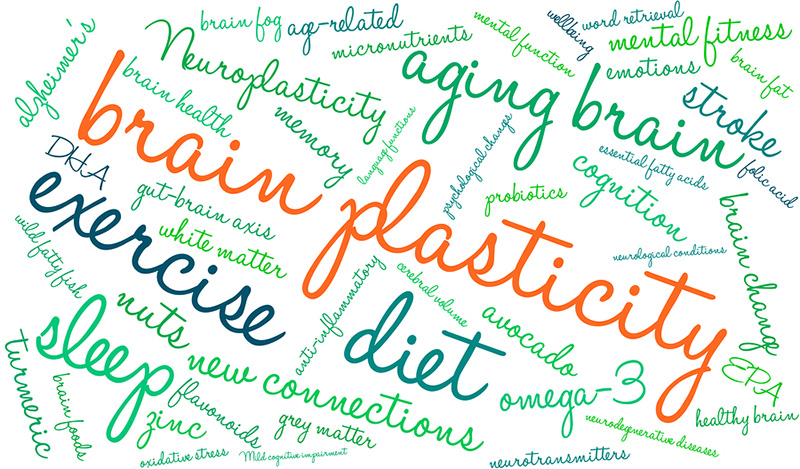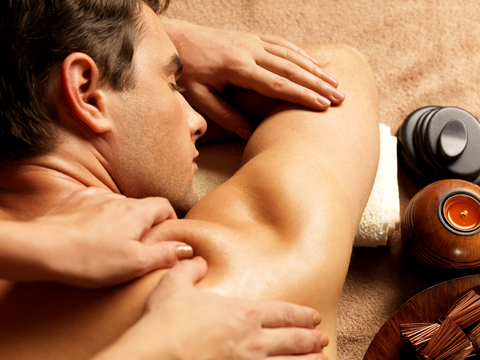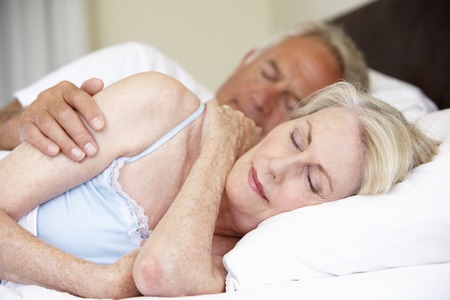Ways to Help You Sleep --
From Simple & Proven to Wacky & Creative

Looking for ways to help you sleep? It isn't surprising. More and more people are seeking help with sleep because if there’s one thing that can zap your energy and ruin a productive day, it’s sleep deprivation.
For millions of people, just the thought of going to bed creates anxiety because they just don't seem to be getting the sleep they want. Going to bed then becomes a struggle.
If you can relate, you’re probably no stranger to what happens when your body doesn’t receive proper rest or sleep. It starts with feeling sluggish and you have difficulty concentrating. Unfortunately, reduced alertness can become serious by making you more prone to accidents.
Instead of accepting those consequences, it may be time to educate yourself about effective ways to help you sleep. I have included some simple tips that you may have heard before, and more unique options that you may not know about.

2025 Upgraded Triple-Mode Red Light Therapy Mat for Full Body Pain Relief, 73.0" x 33.4" Whole Body Coverage with 2570 Dual-Wave (660nm & 850nm) LEDs, Premium Leather, Multi-Mode Customization(Black) at Amazon.
Effective Ways to Help You Sleep
One of the simplest ways to get to sleep is to go to bed sleepy. That may sound obvious, but many people toss and turn at night because of their daytime habits. For instance, if you take a two-hour nap in the late afternoon or early evening, you may not go to bed sleepy.
If you allow your body's natural circadian system to dictate your activity levels throughout the day and avoid daytime sleep whenever possible, you may find it easier to fall asleep at night.
You will increase your chances of success if you create a sleep schedule, essentially training your body to wake up and wind down around the same time each day. Make a list of all the activities that you do during the day. List those that energize you or require a high expenditure of energy. Then, list those that have a soothing or calming effect.
As you plan your day, try to start with your high-octane activities and reserve the relaxing activities for your evening wind down.
Don't eat dinner within three hours before bedtime.
Need More Help Getting to Sleep?
If you’ve adopted a routine sleep schedule and are actively arranging your day to support your goal of sleeping more, you might include some of these additional ways to help you sleep:

- Get into a comfortable position, close your eyes, and focus on relaxing your body one muscle at a time. First, tense the muscle and hold that tension for a moment, then completely relax it. Imagine that muscle or set of muscles melting into your mattress. Start with your toes and work up to your head, and then work your way back down.
- Many people find it easier to fall asleep when they enjoy a light carbohydrate snack in the evening before bed.
- If you don't fall asleep right away, immerse yourself in a good book, or do another relaxing activity that requires you to stay awake for an hour longer. Then try again. Odds are that once you commit to staying awake, you’re likely to get sleepy.
- Take a warm bath or shower, and then dress light so that you feel slightly cool. Your body naturally lowers its temperature when it’s time to sleep, and you can help the process along.
- Unless your room is pitch black, use a sleep mask over your eyes -- this allows your body to naturally produce melatonin at night -- that wonderful hormone that helps regulate sleep cycles. If you don't want to spend a lot of money, this is one of the ways to help you sleep that several of my friends and I tried, and we can all vouch for this solution. Shop for Sleep Masks on Amazon
- Use aromatherapy to your advantage. Diffusing lavender in your bedroom may help you nod off faster.
- Think about a favorite place or memory. Go there in your mind and try to experience those wonderful feelings again.
- Listen to relaxing music or turn on a sound machine.
- Consider using a weighted blanket. Weighted blankets are known to both reduce anxiety and improve quality of sleep.

- Don't take toxic, unresolved issues to bed or dwell on things you need to get done. Instead, write those things down in a book. Close the book, and deal with them tomorrow.
- If you find yourself unable to fall asleep or happen to wake up, don't panic and imagine how terrible you'll feel the next day. If you allow yourself to think that way, it will wire that state of mind into your brain. So, don't get stuck there. Redesign those thoughts by acknowledging that you can take a nap the next day or go to bed earlier.
- Try yoga. Yoga facilitates sleep by reducing stress, anxiety, and arousal -- all known causes of poor sleep.
- Don't turn on your television, iPad, phone, or laptop in your bedroom, unless you're wearing special glasses, such as Gunnar lenses, to block the blue light they produce. The light emitted from these devices prior to falling asleep is counter-productive to sleep, so do your very best to avoid the blue light as you approach bedtime.
Let Go of Anxiety
How much time do you spend dwelling on your frustration with insomnia? The more you worry that you won’t be able to sleep, the more likely you are to spend another restless night tossing and turning. Focusing on the feared outcome of not sleeping is not one of the ways to help you sleep. It can easily turn into a cycle where you worry about what may not happen when you slip between the sheets.
So, here’s another thing that I firmly believe is one of the very best ways to help you sleep. Think about sleep in a positive manner. Your body is designed to sleep. When you sink into worry and frustration, interrupt those negative thoughts. Tell yourself that you’re going to sleep well and wake up energized and rested. Release the anxiety, and think about good things while using some of the techniques presented here.
More Topics That May Interest You
Find out about the link between Tart Cherry juice and sleep improvement!
Some of the advertisers on my website are affiliate partners, which means that I may receive a small commission from any sale, at no extra cost to you.
For example, the Amazon affiliate advertising program is designed to provide a means for sites to earn fees by advertising and linking to amazon.com.
Your tips and purchases help to support this free-information website.
Thank you.
The content of this website is for informational purposes only and not intended to be taken as a replacement for professional medical advice, care, diagnosis or treatment by a doctor, dietitian, physical therapist, nutritionist or fitness instructor.
DO NOT BEGIN ANY EXERCISE PROGRAM WITHOUT CHECKING WITH YOUR DOCTOR FOR UNDERLYING CONDITIONS THAT MAY PREVENT YOU FROM DOING SO.





